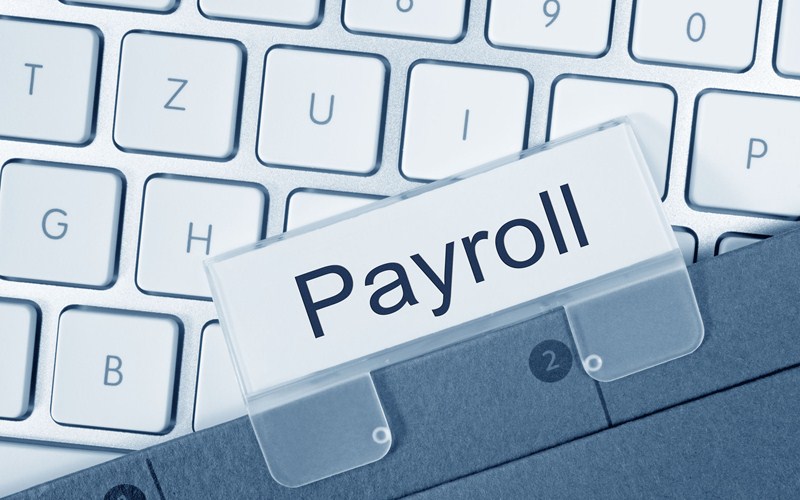The Employment Allowance enables eligible employers to reduce their National Insurance liability. The maximum allowance for the 2021-22 tax year is £4,000, or your total Employer’s NICs, if less than £4,000.
The allowance is only available to employers who had employer NIC liabilities of under £100,000 in the previous tax year. Groups of companies or those with multiple PAYE schemes will have their contributions aggregated to assess eligibility for the allowance. The Employment Allowance can be used against employer Class 1 NICs liability. It cannot be used against Class 1A or Class 1B NICs liabilities. The allowance can only be claimed once across all employer’s PAYE schemes or connected companies.
Can you claim the Allowance?
Since April 2020, Employment Allowance claims need to be submitted each tax year. This means that claims no longer automatically roll over from the previous tax year as was previously the case. Businesses and charities, including community amateur sports clubs, can claim but there are a number of excluded categories where employers cannot claim the employment allowance. This includes limited companies with a single director and no other employees, employees whose earnings are within IR35 ‘off-payroll working rules’, if you only employ personal, household or domestic help (such as a nanny or gardener). And you cannot claim if you’re a public body or business doing more than half your work in the public sector (such as local councils and NHS services) – unless you’re a charity.
New statistics have been published on Employment Allowance claims that show around 1,086,000 employers benefitted from the allowance during 2020-21.










